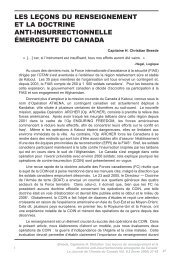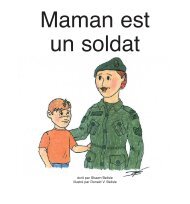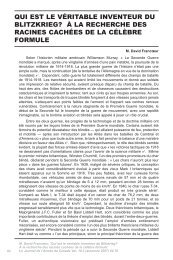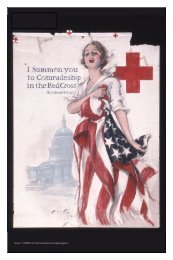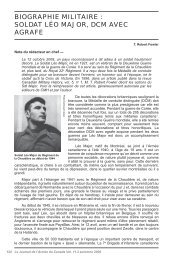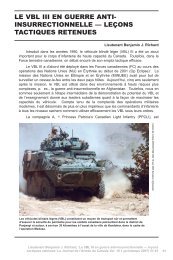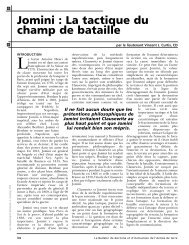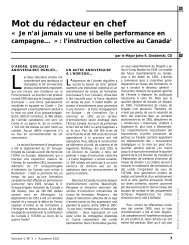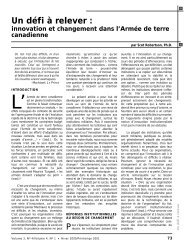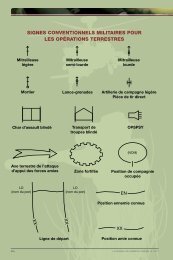The Canadian Army Journal
The Canadian Army Journal
The Canadian Army Journal
Create successful ePaper yourself
Turn your PDF publications into a flip-book with our unique Google optimized e-Paper software.
NOTE TO FILE—REACHING INTO THE ORACLE:<br />
REFLECTIONS OF A COLD WARRIOR ON THE ISSUES AND<br />
CHALLENGES IN DEFENCE<br />
Shaye K. Friesen<br />
In antiquity, individuals sought out the advice of expert advisors at oracular sites<br />
such as Delphi or the Temple of Ascleipeus. For most contemporary defence and<br />
security matters, however, advice is gathered from colleagues or immediate co-workers<br />
within the same chain of command. <strong>The</strong> limited availability of subject matter experts and<br />
short deadlines required to produce deliverables impose constraints on our ability to<br />
consult with experts in the broader defence and security network. Because the<br />
<strong>Canadian</strong> Forces (CF) don’t know what they don’t know, the benefits of working with<br />
other agencies and outside experts, such as transferring experience, developing a<br />
network of trust and information sharing, can be squandered.<br />
Fortunately, the basic principles of policy and strategy formulation remind us that,<br />
when developing a strategy, it is important to create synergy by consulting a larger stable<br />
of experts to generate support and develop content. This involves casting as wide a net<br />
as possible and engaging in a dialogue and debate that provokes critical thinking before<br />
(not after) strategies are developed and implemented. Often the experience and<br />
expertise of external advisors yield rich dividends because they are able to shed new<br />
light on existing problems and present concepts in innovative ways that have not been<br />
previously been considered. Just as the advice from the oracle played an important role<br />
helping understand issues ranging from everyday life to geopolitics, so too should we<br />
benefit from the specialized knowledge of modern day of subject matter experts.<br />
Enter Dr. George Lindsey. Dr Lindsey served in the Royal <strong>Canadian</strong> Artillery during<br />
the Second World War, and with the British and <strong>Canadian</strong> <strong>Army</strong> Operational Research<br />
Groups. He later became the Chief of the Operational Research and Analysis<br />
Establishment (ORAE) in National Defence Headquarters (NDHQ) in 1967, and held this<br />
position until his retirement in 1987. During this time, he became one of the most<br />
influential people responsible for moulding the direction of <strong>Canadian</strong> defence science<br />
during the Cold War. As 2007 marked the launch of the 60th anniversary of defence<br />
science in Canada, it is important to pay tribute and recognize those who have<br />
contributed to building defence science. <strong>The</strong> Centre for Operational Research (CORA)<br />
offers a wealth of expertise and brings together different scientific disciplines together<br />
that provide enhanced analytical support for the CF. Old-timers such as Dr Lindsey can<br />
be used as strategic “force multipliers” on a part time basis, or employed as peer<br />
reviewers to ensure the best possible advice is provided to the CF. <strong>The</strong>y may have even<br />
encountered similar problems in the past that could lend assistance to priority research<br />
areas.<br />
In a time of constant change, it is necessary to pause and gather our thoughts by<br />
reflecting on the past, using the past to gain a broader understanding of how people in<br />
our organization approached similar problems in the past, and how we can build on this<br />
knowledge today. This article unearths some high-level guidelines to better illustrate<br />
how contemporary issues and challenges in military operational research (OR) have<br />
some historical precedent from which valuable observations, insights and lessons can<br />
be drawn. In doing so, it demonstrates how the knowledge and experience of senior<br />
members of the defence scientific community can be applied to provide meaningful<br />
context and clarification for today’s defence and security challenges.<br />
<strong>Canadian</strong> <strong>Army</strong> <strong>Journal</strong> Vol. 11.1 Spring 2008 113


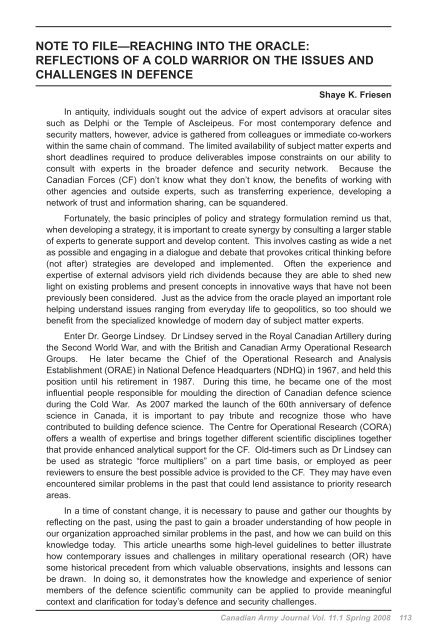
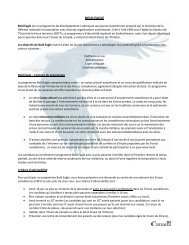
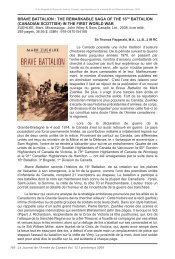
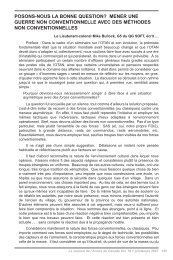
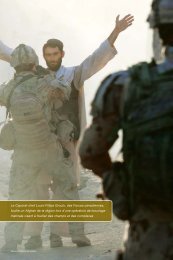
![La modularite dans l'Armee de terre canadienne [pdf 1.6 MB]](https://img.yumpu.com/17197737/1/188x260/la-modularite-dans-larmee-de-terre-canadienne-pdf-16-mb.jpg?quality=85)
